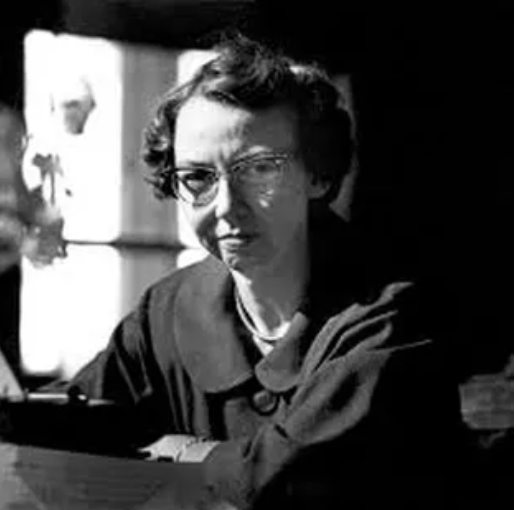
I recently appeared on the first of two conference panels discussing the notion of closure in fiction; the inspiration for the panel was not our wonderful pictured friend’s assertion of the magical duo of surprise and inevitability – rather it was Tobias Wolff’s thought that ‘a good story somehow continues in a shimmer of possibility.’
While I’m happy to point to a character or a story or a novel or an ending and say, I think this is good, and here’s why, I’m hesitant – when I write, when I teach, when I think – to say what is good in the abstract. But for the panel I came up with some thoughts on closure, and I share them here.
Ten thoughts on closure
1. Some fiction, metafiction, is about how fiction might better or differently be written. Think Margaret Atwood’s “Happy Endings.” These comments won’t be discussing such fiction, as the notion of closure isn’t relevant to it.
2. Other fiction, though, focuses on situation, plot, and tension.
3. Don DeLillo, who authors such fiction, has written that all plots tend to move deathward. In other words, toward closure.
4. Situational/plot-driven fiction is aptly suited for closure.
5. Other fiction prioritizes character: how events impact the way that people exist, their being in the self and in the world.
6. The only real resolution for character is death. Death is generally arbitrary and meaningless.
7. In life, when events impact us, that impact never stops. (Until we die.)
8. And so in character-based fiction, closure is either meaningless or an elegant lie.
9. Yet other fiction prioritizes mood.
10. Mood sustains beyond the final page. Mood is not fit for closure.